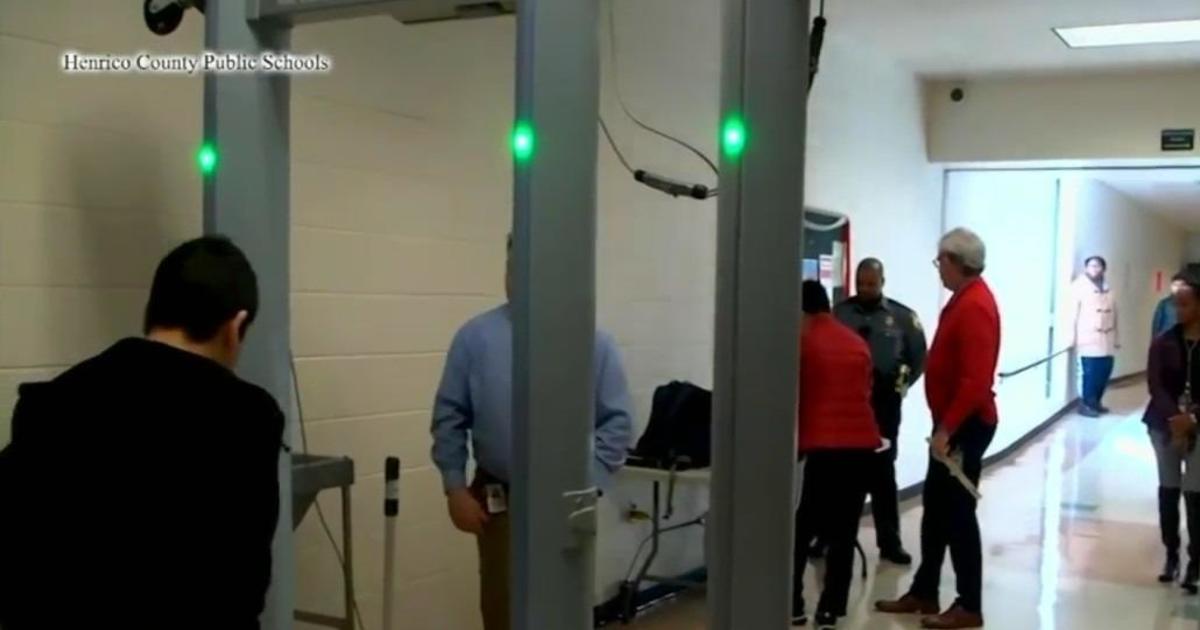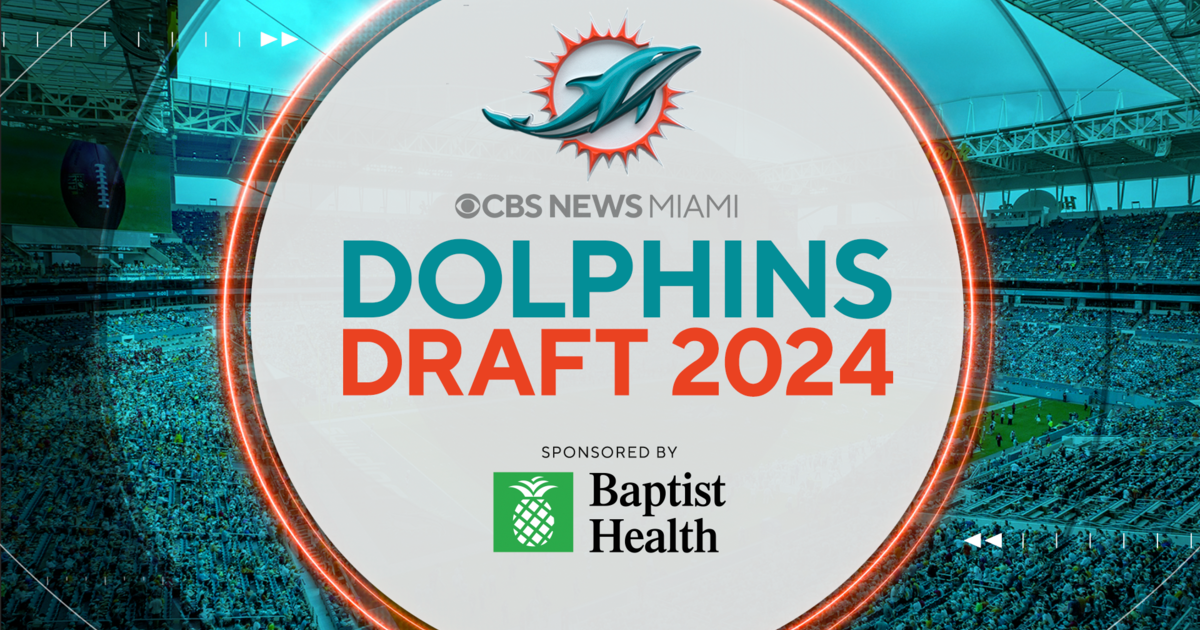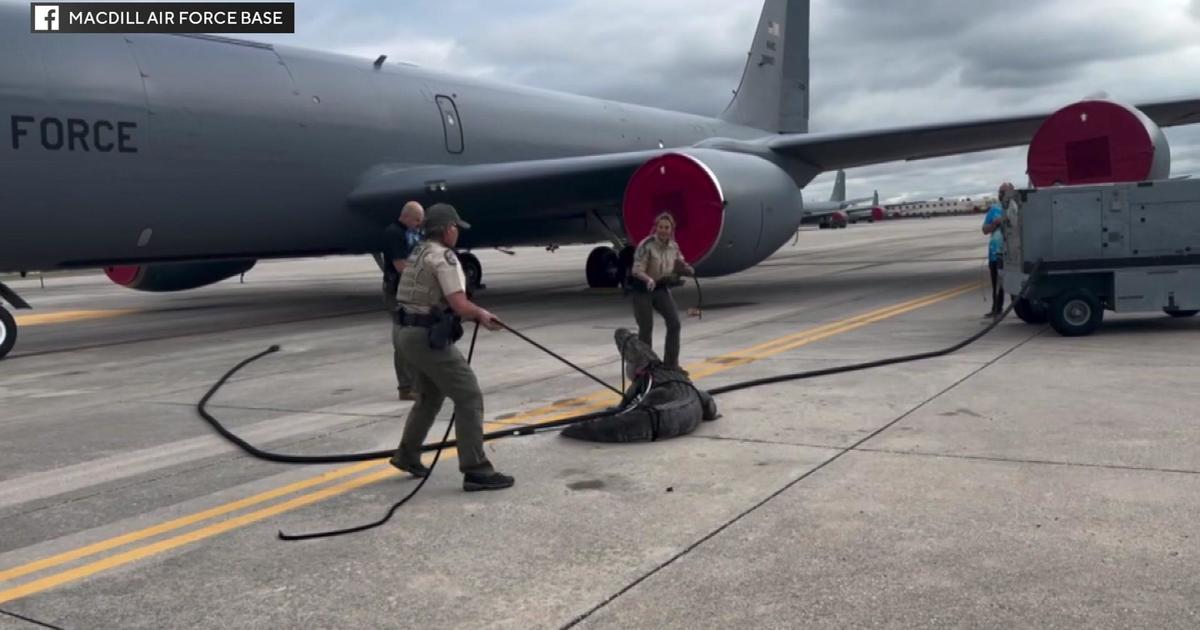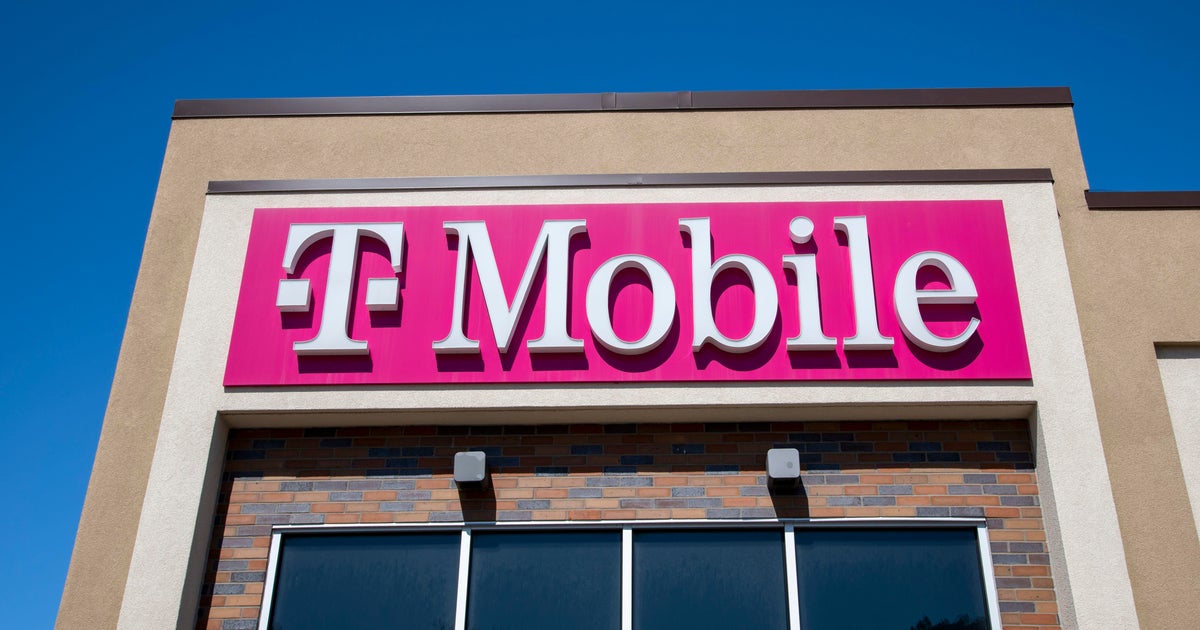SpaceX To Launch First Ever Demo Of Crew Dragon Capsule
Follow CBSMIAMI.COM: Facebook | Twitter
CAPE CANAVERAL (CNN) - SpaceX is on the verge of flying humans for the first time.
The company's new Crew Dragon capsule, which is built to carry NASA astronauts to the International Space Station, will fly its first demo mission this weekend.
It won't have people on board when it launches Saturday, but a successful test flight could tee up the company to fly astronauts this summer. That would be an historic feat that could end the United States' near decade-long reliance on Russia to fly crew to and from the ISS.
Crew Dragon is scheduled to lift off atop a SpaceX Falcon 9 rocket from Kennedy Space Center in Florida at 2:49 am ET on Saturday.
The capsule is designed to carry up to seven people, but for this test flight it will be loaded with 400 pounds of cargo and supplies. It'll also carry a flight dummy named Ripley, named for "Alien" protagonist Ellen Ripley, who'll be dressed in the futuristic spacesuits SpaceX developed for its astronauts.
The Falcon 9 rocket will vault Crew Dragon out of the Earth's atmosphere at more than 30 times the speed of sound. The capsule will detach from the rocket and spend a day maneuvering through orbit to meet up with the space station, which is whirling about 254 miles over Earth at a tremendous speed: 10 times faster than a bullet.
SpaceX expects Crew Dragon to dock with the ISS around 6 a.m. on Sunday. It will spend five days at the station, allowing the three astronauts currently on board ISS — American Anne McClain, Canadian David Saint-Jacques and Russian commander Oleg Kononenko — to collect the cargo.
On March 8th, Crew Dragon will detach from the station and return home by carefully slicing back through Earth's atmosphere and deploying parachutes. SpaceX expects it to make a soft landing in the Atlantic Ocean.
What's ahead
After the Space Shuttle program retired in 2011, NASA turned for the first time to the private sector to build the next generation of human spaceflight hardware.
SpaceX and Boeing, which developed a capsule called Starliner, have contracts worth up to $2.6 billion and $4.2 billion, respectively.
Both companies have had years of delays getting their spacecrafts ready to fly. NASA and its oversight regulators have raised safety concerns about both capsules that will have to be resolved before humans set foot on either.
Meanwhile, NASA has paid Russia about $80 million per seat to send US astronauts to space aboard Soyuz rockets — a fact that isn't very popular in the halls of Congress.
Those Soyuz contracts were set to run out in 2019 and NASA recently moved to secure a couple more seats for late 2019 and the spring of 2020 in case Boeing and SpaceX aren't ready this year.
The space agency said in a statement last month that it has "confidence" the companies will be ready in 2019 and said the additional Soyuz contracts are meant to provide "flexibility and back-up" options.
The companies can still launch people this year — but things will have to go smoothly.
SpaceX aced a key NASA review ahead of Saturday's launch. If all goes well during the demo mission, the company will conduct a test on Crew Dragon's emergency abort systems in June. More safety checks are also in store.
SpaceX's first crewed mission, which will fly NASA astronauts Doug Hurley and Bob Behnken, could happen by July, according to NASA's most recent schedule.
Boeing's Starliner is slated to fly its first demo mission without a crew no earlier than April.
The-CNN-Wire
™ & © 2019 Cable News Network, Inc., a Time Warner Company. All rights reserved.



